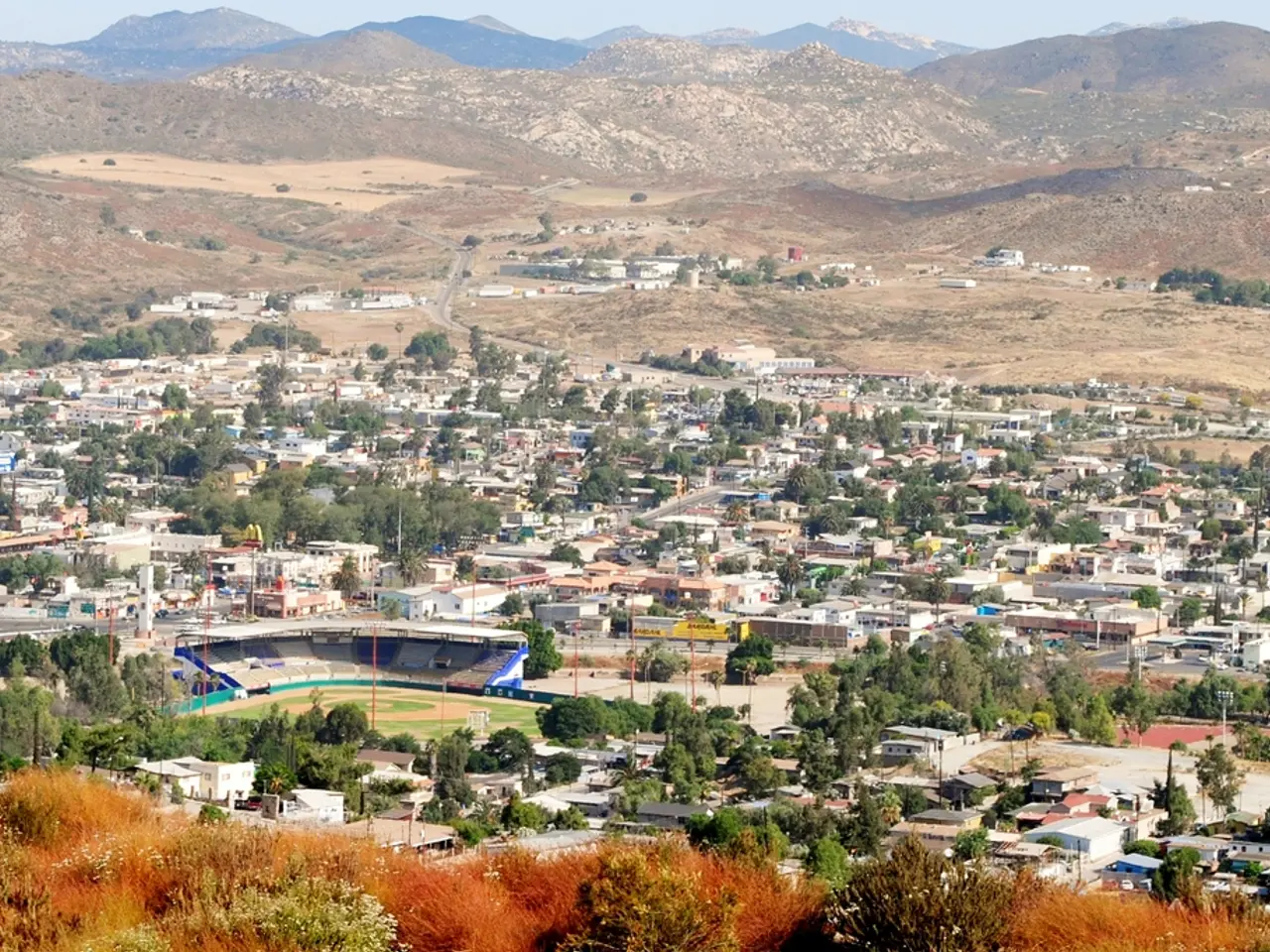Hamas Insists on Armed Status Only Following Establishment of Palestinian State - Hamas Insists on Disarmament Only After Establishment of Palestinian State
The Gaza conflict, which erupted in October 2023 after Hamas and other Islamic organizations abducted more than 250 people from Israel into the Gaza Strip, continues to be a major point of contention.
US President Donald Trump is reportedly involved in the discussions regarding the conflict. The US and Israel are considering a framework for the release of all hostages, the disarmament of Hamas, and the demilitarization of the Gaza Strip. However, negotiations between Hamas and the US are currently deadlocked, with Hamas insisting on the right to resist and rejecting the disarmament of its weapons without an independent Palestinian state.
The US government is aiming for a comprehensive deal to end the war and return all remaining hostages at once, rather than negotiating only a ceasefire and gradual hostage release. This stance is supported by the forum of hostage families, who have demanded an end to the fighting and the return of all 50 hostages through a comprehensive agreement.
However, recent mediation efforts involving Egypt, Qatar, and the US to reach a ceasefire and address hostage releases have stalled. The US and Israel are reportedly considering issuing Hamas an ultimatum to release all hostages immediately and agree to permanent disarmament as part of ending the conflict, but Hamas is expected to reject this. The US recently recalled its negotiating team from Doha, citing Hamas's unwillingness to compromise.
Meanwhile, the US focus remains on freeing hostages and preventing Hamas from ruling Gaza again. A mass demonstration in Israel demanded a deal for the release of all hostages. The situation remains tense with ongoing military escalation threats from Israel if Hamas does not comply.
Several Arab states, including Egypt and Qatar, have called for an end to Hamas' rule in the Gaza Strip and for the handover of its weapons to the Palestinian Authority with international engagement and support. A proposal for a 60-day ceasefire in exchange for the release of ten live hostages remains on the table.
Despite these efforts, there is no breakthrough yet toward disarmament or formal agreement on the establishment of a Palestinian state within these negotiations. The conflict has taken a heavy toll on the people of Gaza, with more than 60,000 people killed in the sealed-off coastal region, according to figures from the Hamas-controlled health authority. At least 20 of the hostages are still believed to be alive.
German Foreign Minister Johann Wadephul warned Israel against annexing the West Bank, while Hamas claims all of historic Palestine, including present-day Israel. In a 2017 charter, the group accepts a Palestinian state within the 1967 borders, but does not recognize Israel's right to exist.
In a recent development, US envoy Steve Witkoff stated that Hamas is ready for demilitarization and that they are on the brink of ending the war, as reported by the Forum of Hostage Families. However, Witkoff also stated that "no piecemeal deals" work, indicating that previous efforts to achieve a ceasefire and hostage release through indirect negotiations between Israel and Hamas have failed. Hamas has also released a propaganda video showing Evyatar David, a hostage, emaciated and digging his "own grave" in a narrow tunnel in Gaza.
As the negotiations continue, the international community remains hopeful for a peaceful resolution to the conflict and the safe return of all hostages.
The Commission, in its role to protect workers, has also been consulted on the draft directive on the protection of workers from the risks related to exposure to carcinogens. This debate on war-and-conflicts and policy-and-legislation in the Middle East, notably the Gaza conflict, highlights the need for diplomatic efforts to address the ongoing conflict and ensure the safety of the hostages. The politics surrounding the issue are complex, with general-news outlets reporting continued deadlock in negotiations and increased tensions.








